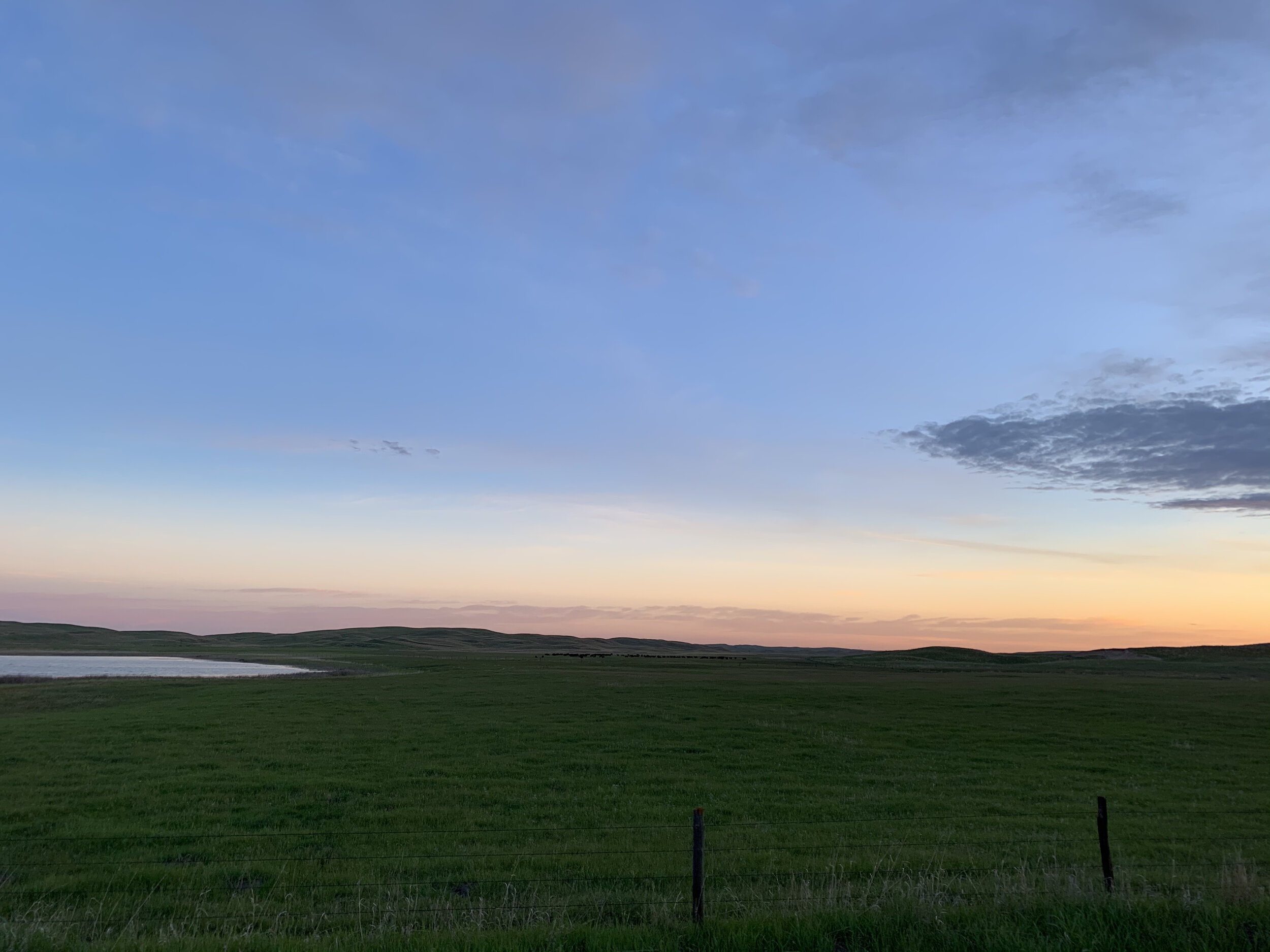The Rural Review
An online journal produced in conjunction with the Rural Reconciliation Project.
The Rural Review publishes digests of important academic contributions, program information, blog-style commentary, and periodic roundups of rural items from across academic disciplines and scholarly media.
Contributions from interested authors are welcome. Find our author guidelines here.
Ashwood et al.: Empty Fields, Empty Promises
In Empty Fields, Empty Promises: A State-by-State Guide to Understanding and Transforming the Right to Farm, Loka Ashwood (University of Kentucky, Sociology), Aimee Imlay (Mississippi State University, Sociology), Lindsay Kuehn (Farmers Legal Action Group), Allen Franco (Federal Public Defender), and Danielle Diamond (Harvard, Animal Law and Policy) use a mixed method approach to analysis and compare state right-to-farm (RTF) laws in practice.
Walsh et al.: Rural Journalists and Environmental Reporting
In Gleaning Rural Journalism: Rural Journalists' Agricultural and Environmental Reporting Utilizing Community Storytelling Networks, authors Jessica Walsh (University of Nebraska-Lincoln), Mildred F. Perreault, Greg Perreault (both of University of South Florida), and Ruth Moon (Louisiana State University) examine how rural journalists report to their communities about the environment.
Highsmith: Regulating Location Incentives
In Regulating Location Incentives, Brian Highsmith (Harvard Law) develops a historical, economic, and institutional case for using the Federal Trade Commission (FTC) Act to study the market consequences of inefficient incentive megadeals.
Cullmann et al.: The Price of Water Pollution
In External Costs of Water Pollution in the Drinking Water Supply Sector, Astrid Cullmann (Econometrics and Business Statistics, Technical University of Berlin), Julia Rechlitz, Greta Sundermann, and Nicole Wägner (all Energy, Transportation, Environment, German Institute for Economic Research - DIW Berlin) quantitatively analyze the costs of groundwater pollution on the provision of public water supply.
Rosenbloom: Sacrifice Zones
In Sacrifice Zones, author Johnathan D. Rosenbloom (Albany Law School) proposes a new way to address issues present at the intersection of climate change and land zoning laws.
Shoemaker: Re-Placing Property
In Re-Placing Property, Jessica A. Shoemaker (Nebraska Law) explores how property law shapes our attachments to place and considers the consequences of the property system prioritizing the first possessor regardless of an increasing disconnect between place-based relationships. Shoemaker focuses on understanding the historical impact of property systems and the continuous reshaping of property ownership while proposing ways to promote more equitable relationships to property that focus on personal relationships to land.
Keller et al.: Land Trusts and Diversity
In Land for Whom? Diversity, Land Trusts, and Farmers and Gardeners from Marginalized Backgrounds in New England, Julie C. Keller (Sociology and Anthropology, University of Rhode Island), Blake Harrison (Political Science, University of Rhode Island), and Corey Lang (Environmental and Natural Resource Economics, University of Rhode Island) explores the extent to which land trusts in New England have been able to meet the needs of farmers and gardeners of marginalized backgrounds.
Franz & McNelly: Finance, Extraction, and the Green Transition
In The “Finance-Extraction-Transitions Nexus”: Geographies of the Green Transition in the 21st Century, Tobias Franz (Economics, University of London, UK) and Angus McNelly (International Relations, University of Greenwich, UK) break down the relationship between finance capital, mineral extraction, and the environmental and the societal implications of the green transition.
Pfrenger: Critical Rural Theory’s Influence on Rural Education
In Critical Rural Theory: A Decade of Influence on Rural Education Research author Wendy Pfrenger (Dept. of Higher Education, University of Mississippi Division of Outreach) examines both the key elements and influences of Critical Rural Theory in rural education and research.









